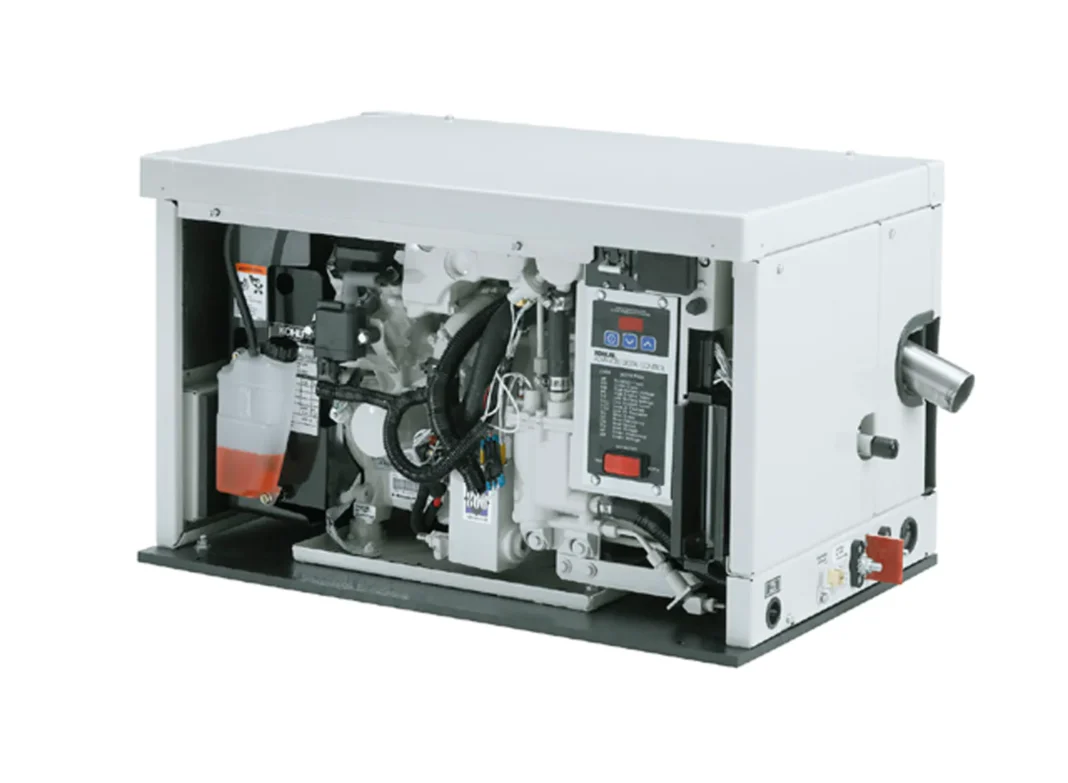Generators are a necessary piece of equipment for many businesses and homes. They provide power during an emergency or when the main power source is unavailable. There are a few things to consider when purchasing a Generator.
The first is what your needs are. What will you be using the generator for? The next thing to consider is the size of the generator. You want to make sure you are getting one that will meet your needs, not too small and not too large.
Another consideration is the type of fuel it uses. Some generators run on gasoline while others use diesel or natural gas.
The last thing to think about is the price. Generators can be expensive, but there are ways to save money on your purchase.
1. What are Generators and what do they do
Generators are devices that convert mechanical energy into electrical energy. Generators can be powered by petrol, diesel, or gas. Some generators are also powered by renewable sources of energy such as wind or solar power. Generators are used in a variety of applications, such as powering electrical equipment in homes and businesses during a power outage, or providing power for construction sites or outdoor events. Generators come in a variety of sizes, from small portable units to large commercial-grade generators. Generators provide a convenient way to power electrical equipment when there is no other source of power available.
2. Different types of Generators
Generators are available in a variety of types and sizes, making it easy to find the perfect one for your needs. The most common type of generator is the portable generator. This type is typically small and lightweight, making it easy to transport. It also runs on gasoline, so you can take it with you wherever you go.
Another popular type of generator is the standby generator. This type is designed to provide backup power during an outage. It’s connected to your home’s electrical system and will automatically turn on when there’s a power failure. Standby generators are also available in portable models, making them a good option for those who want backup power in case of a natural disaster.
There are also several types of specialty generators, including diesel generators, inverter generators, and solar generators. Diesel generators are designed for heavy-duty use and are often used by businesses or construction sites. Inverter generators are perfect for camping or tailgating, as they run on propane and are quieter than traditional generators. Solar generators convert energy from the sun into electricity, making them a great option for those who want to reduce their environmental impact.
3. Things to consider before buying a generator
Generators come in a variety of sizes and styles, making it important to choose the right one for your needs.
The first step is to determine the wattage requirements of the devices you need to power. A small appliance like a TV might only need 500 watts, while a larger appliance like a refrigerator could require 1,500 watts or more.
Once you have an idea of your wattage needs, you can narrow down your choices. Portable generators are typically used for camping or tailgating, while standby generators are permanently installed and wired into your home’s electrical system.
Generators also differ in terms of fuel type, with gasoline, propane, and diesel being the most common options.
Ultimately, the best generator for you will be the one that meets your power needs and fits your budget.
Conclusion Paragraph:
Now that you know all about generators, it’s important to take the time to select the right one for your needs. Not all generators are created equal, and there are a few things you need to keep in mind when making your purchase. Remember to always buy from a reputable dealer and read reviews before buying. Make sure you have a clear understanding of what the generator can and cannot do so you don’t end up with something that doesn’t meet your expectations. Finally, be sure to follow all safety instructions when using your generator – both during set-up and while it’s running. By following these simple tips, you can ensure the safe and happy use of your generator















